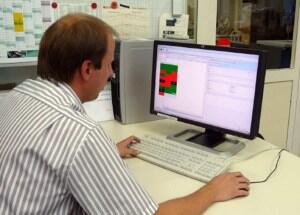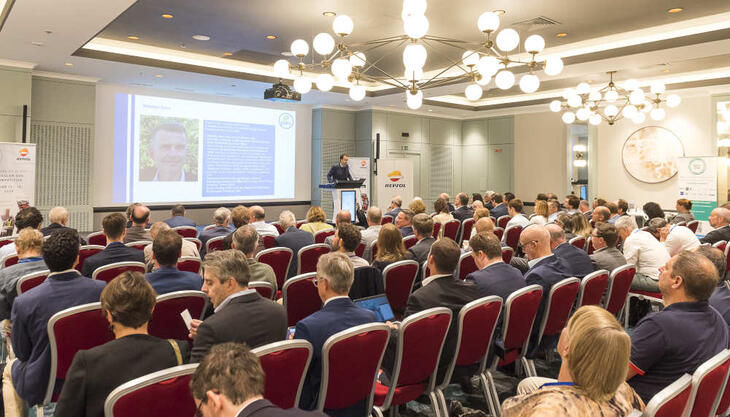More efficient moulding with Engel's MES

Manufacturing Execution Systems (MES) provide the interface between company management and production, connecting the machinery into a network and making processes more transparent. They allow converters to improve the efficiency and quality of their products. Indeed, this is why Engel's MES e-factory 2 system, developed specially for injection moulding, was installed by Geberit in its Pottenbrunn facility in Austria. "The objective was to reduce outfitting times for our plants and continuously improve production processes by making them more transparent," commented Michael Höchtl, Geberit process engineer, referring to the decision to install a version of the system to which Engel has added new functions.
Geberit, headquartered in Rapperswil-Jona, Switzerland, is one of Europe's primary producers and suppliers of bathroom fixtures. The group employs some 6,100 people around the world, 350 of whom work in the Pottenbrunn facility, where 39 injection presses with clamping forces ranging from 40 to 600 tons make it possible to manufacture a wide range of products. Given that threads and couplings vary from one country to another, the plant produces a total of 1,300 different articles. This requires frequent mould swapping and a high number of production settings.
"Before we started using e-factory, we had a CD for each of the 1,300 articles we produce. The first thing the machine outfitter had to do was to find the right disk and then print out a copy of the production data," explained Höchtl. In addition to being significantly time-consuming, this method carried a high risk of error given that some articles were produced in more than one version and thus with more than one set of production settings. "But e-factory has put an end to this vicious circle," added the engineer.
Currently, 28 injection machines are connected to e-factory 2 with the addition of 1,100 new data sets. The older machines and moulds, now used only rarely, are currently excluded from the network. "The centralized management of data sets for the various articles has brought an extraordinary boost to productivity in a very short span of time," emphasized Höchtl. The data module of this MES solution makes it possible to centrally manage the settings for individual articles and send them to the machines on the line. There is only one active set of data for each mould and any modifications thereto are saved in the associated registry.
Geberit also uses another module provided by Engel to ensure constant process optimization. The Monitor module sends performance indicators and relevant status information, as well as data regarding production progress, causes for any machine downtime and possible alarms, directly to the office of the production manager. This allows prompt response to any deviations from the production plan, in many cases before any defective pieces are actually produced. The previous PDA-based monitoring system showed only if a machine was operating or not, while e-factory 2 also provides data as to the reasons for a production stoppage. It thus becomes possible to analyse the causes upstream of the error and acquire important information that will make it possible to optimize the process.


















